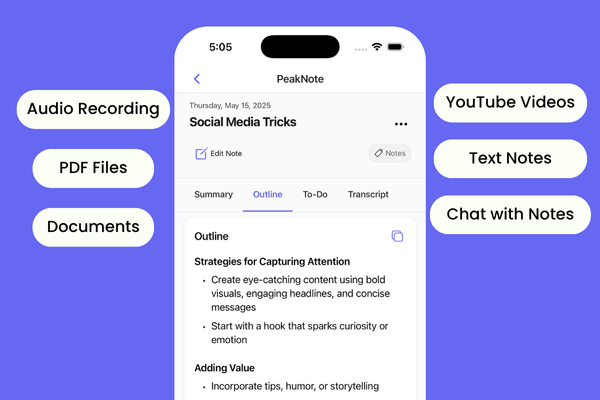Parkinson's law is a theory about the perceived complexity of a task that decreases in direct proportion to how long it takes to complete.
This idea can be applied to various problems including design, writing, and software development. Harnessing the power of this principle, some professionals have been able to increase productivity across their professions due to increased efficiency and increased ability to avoid research paralysis.
Parkinson's law says that "work expands so as to fill the time available for its completion."
If a developer has a lot of time available to do their work and it’s not receiving any feedback, they will not work harder or challenge themselves enough to improve.
Here are a few strategies to become more productive at your work.
1. Set aggressive deadlines
If someone gives us a day to complete the task we will take a complete day to complete it, If they give us 3 hours we will do it in 3 hours. Because we will find a way how we can complete the task in 3 hours.
For example, On normal working days suppose your manager gives you a small task to complete, You will spend the whole day completing it, And suppose there is an emergency that you have to go home early after the second half, You will complete the same task in the first half.
2. Reduce your number of tasks
According to the Pareto principle, 20% of tasks bring 80% outcome, If you try to complete all tasks that may bring low value to your work, it will take a lot of time to complete all 100% of tasks that your productivity decreases.
Always focus on the 20% tasks that will bring 80% outcome, it will help you to be focused on what brings the best results with lesser time.
If we combine the Pareto principle and Parkinson's law, You will have to focus on 20% of tasks that will take less time and will bring 80% of the outcome.
3. Focus on the outcome
Many employees just focus on completing 8 hours of job, they do 3 hours work in a day. If we focus on the outcome rather than filling 8 hours of a day will achieve more in a day.
The team should routinely agree on how much time should be allotted for each task and how quickly the individual tasks are expected to be completed to bring fruitful results.
In most cases, it can be said that productivity starts by focusing on the outcome itself rather than how much time you are spending doing that.

